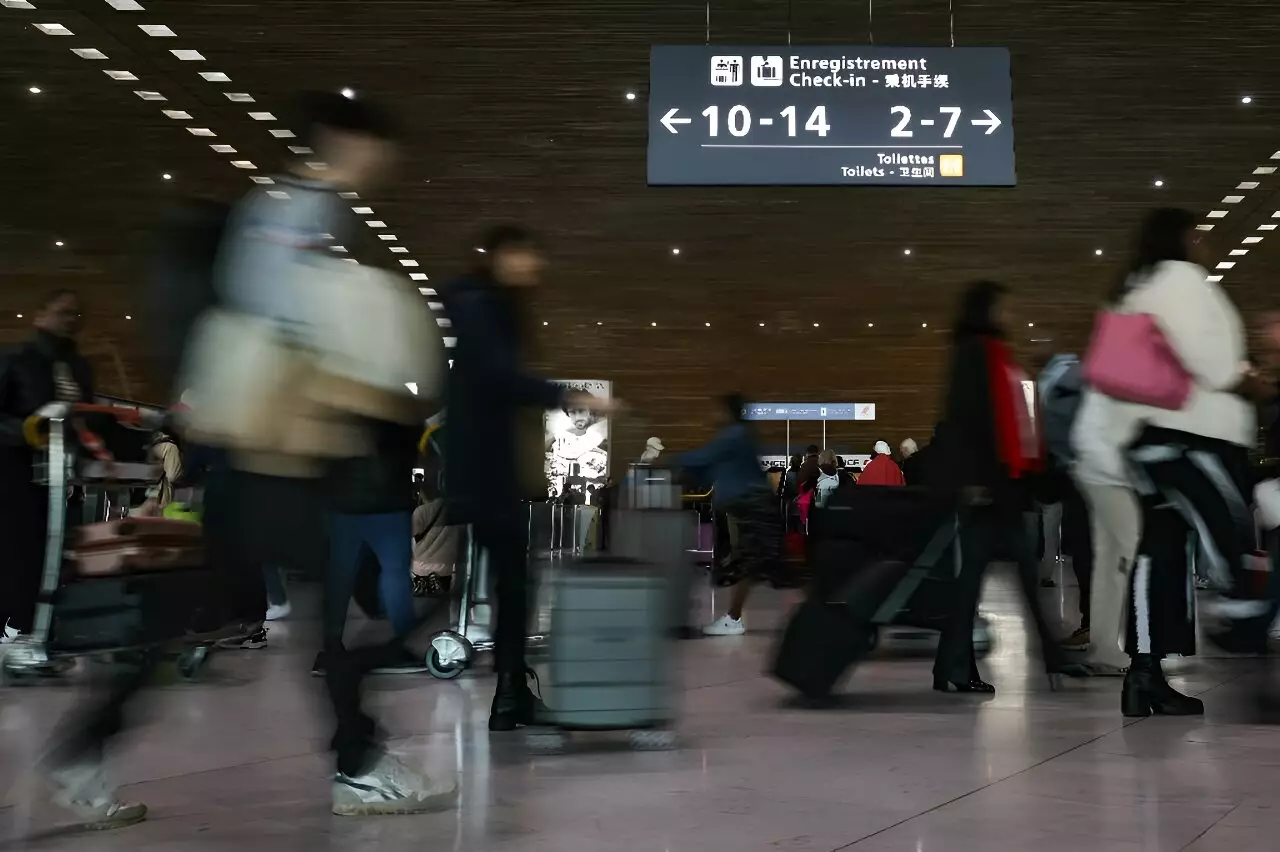Artificial intelligence (AI) is not just a buzzword in the aviation industry; it is a game-changer that is already transforming the way airlines operate. According to industry experts, AI is a fantastic tool for the aviation sector, providing new ways to boost productivity and gain a competitive edge. Geoffrey Weston, a top consultant at Bain & Company, describes AI as an extraordinary acceleration of technology and capabilities, particularly in uncertain situations where quick access to the right information is crucial.
Air France-KLM is at the forefront of AI innovation in the aviation sector, with more than 40 projects utilizing generative artificial intelligence like ChatGPT. One of the company’s upcoming projects includes a tool that responds to customers in 85 different languages, set to be implemented at Paris Charles de Gaulle airport by 2025. In addition, Groupe ADP, the airport operator, has collaborated with startups like Allobrain to reduce unanswered phone calls using voice recognition technology.
As air travel continues to grow, reducing wait times remains a significant challenge for the industry. Aerospace expert Jerome Bouchard highlights the need for improved efficiency in handling increasing passenger volumes in limited spaces. One potential solution is the use of facial recognition technology for airport security, but Bouchard emphasizes the importance of coordination and data synchronization in implementing such initiatives.
Modern aircraft are equipped with advanced self-diagnostic and control systems that generate massive amounts of data. Industry experts believe that AI can leverage this data to enhance aircraft operations and maintenance processes. However, when it comes to actual piloting, there is unanimous agreement that humans should retain decision-making control. Thales CEO Patrice Caine emphasizes the importance of human responsibility in critical decision-making situations, reinforcing the idea that AI should complement human expertise, not replace it.
AI is poised to revolutionize the aviation industry, offering new possibilities for increased efficiency, productivity, and customer service. While the technology presents exciting opportunities for innovation, it is essential to remember that human expertise and oversight are crucial in ensuring the safe and successful operation of aircraft. As the aviation sector continues to embrace AI, finding the right balance between automation and human intervention will be key to driving sustainable growth and success in the industry.


Leave a Reply